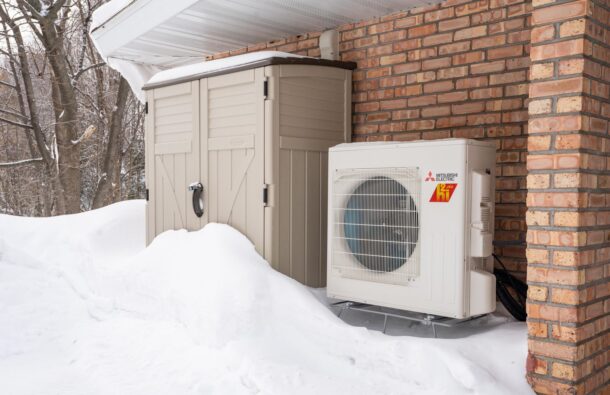Most techs in the field want to be better, faster and more efficient at their jobs. Here are three things to focus on to help improve skills, satisfy customers and finish jobs more quickly and thoroughly.
First, focus on airflow.
HVACR is all about moving air around. No matter how efficiently a system runs, or how expertly it’s fine-tuned, if the ductwork is too small, makes too many bends, has blockages or large gaps or leaks—the space is not going to be properly cooled or heated. Techs can frequently focus on “the box” because that’s where the technology is, and they ignore the rest of the system. Seasoned technicians understand the importance of airflow when installing a system, making sure duct systems are correctly sized, contain fewer bends, and allow for free flow of air throughout the entire home.
If you’re changing out a system, consider repairing or replacing necessary ductwork as well. Remember, older systems may contain asbestos, requiring certified professionals to aid in removal. Even in newer systems, it remains important to test for leaks and efficiency, so always be prepared to make revisions that improve overall performance in the long run.
Second, look for obvious problems.
When assessing a system, start with the easy stuff. Be alert and look for things that are out of the ordinary and may be symptoms of bigger problems. For instance, refrigerant oil stains on the floor could mean a refrigerant leak in the system. Use a flashlight to visually inspect the evaporator coils and blower wheels. By examining them for dirt or corrosion, you could uncover what’s causing the issues. Another quick, easy fix is the air filter. Swapping it out with a clean one immediately improves airflow and circulation.
Also, look for UV damage on control wiring. Sunlight tends to cause wiring to degrade prematurely, and this may adversely impact a system. By checking the entire system, it’s easy to judge the quality of workmanship and know how carefully to inspect other areas of the system.
Lastly, double-check your work.
No one intends to do subpar work, but sometimes steps are missed, and mistakes are made. Be sure to double-check everything throughout the day. This starts with caps and seals. Leaving them off is never OK. It’s a simple step to ensure they won’t be accidentally knocked onto the ground or lost behind a piece of equipment. Put caps and seals back on finger tight and snug hex flare caps up with a wrench.
When performing electrical work, don’t leave spade connections loose and don’t forget to properly torque contractor lugs. Also, never leave exposed wire. Strip back insulation to the length required to make the connection.
When the job is done and after performing a comprehensive run test at the end of a repair, do a final walk of the job and check all disconnects and set points. Also, perform a final cleanup and collect all tools. Leave nothing unchecked and nothing left behind.
While these three things are simple, they do help all HVACR techs work faster, safer and smarter on every job.
Pick up some of the latest in products for HVAC from Fieldpiece.





Join the conversation: